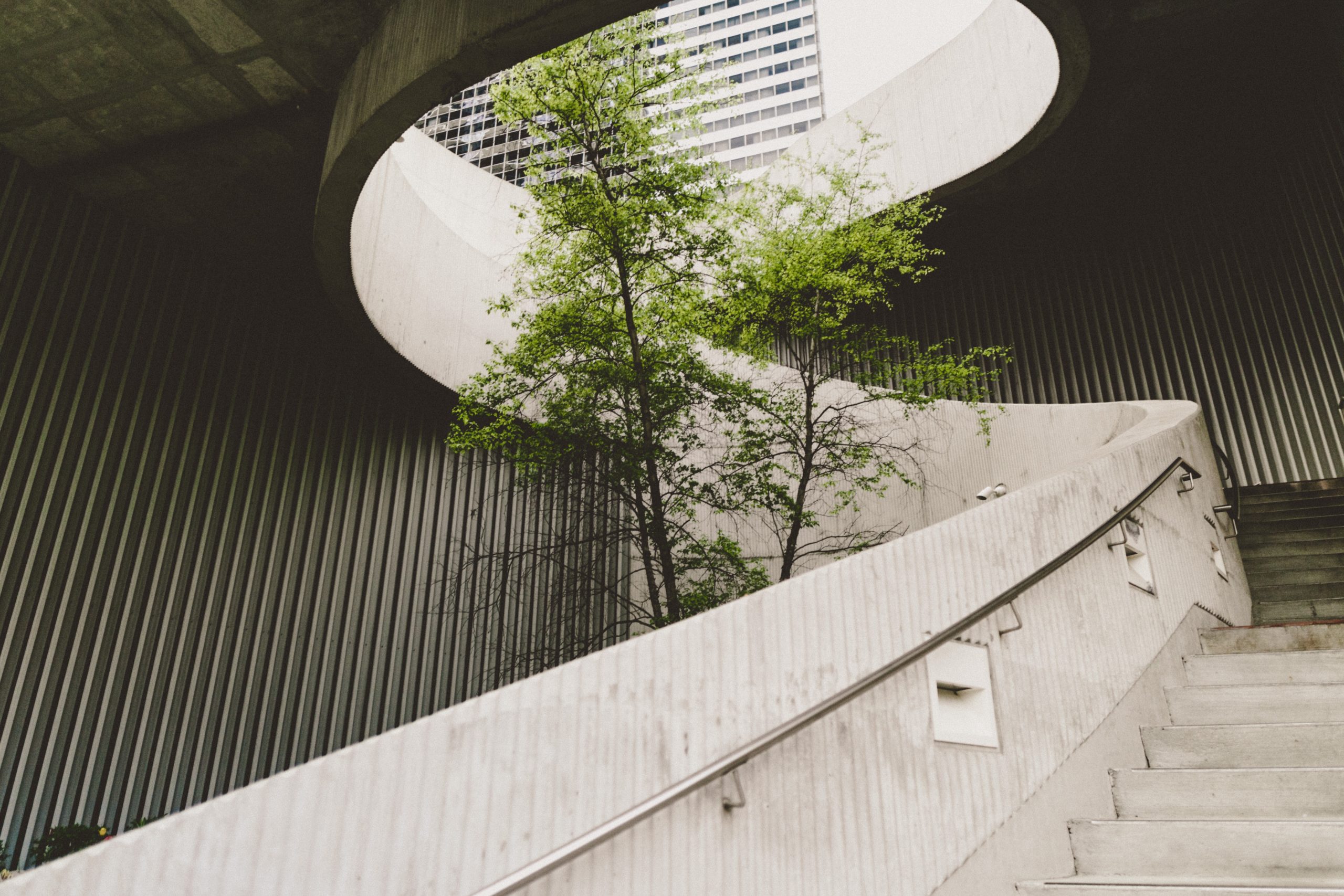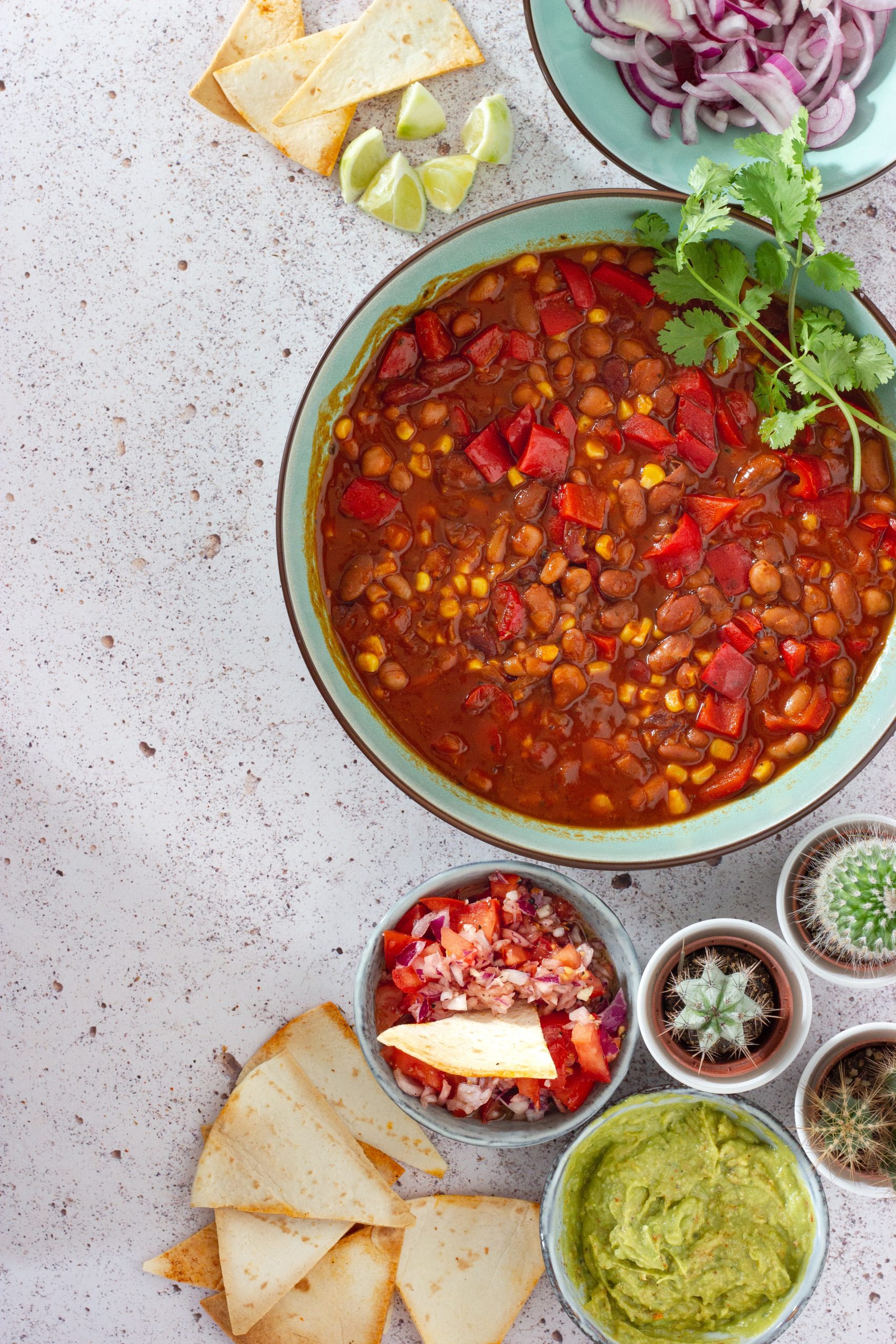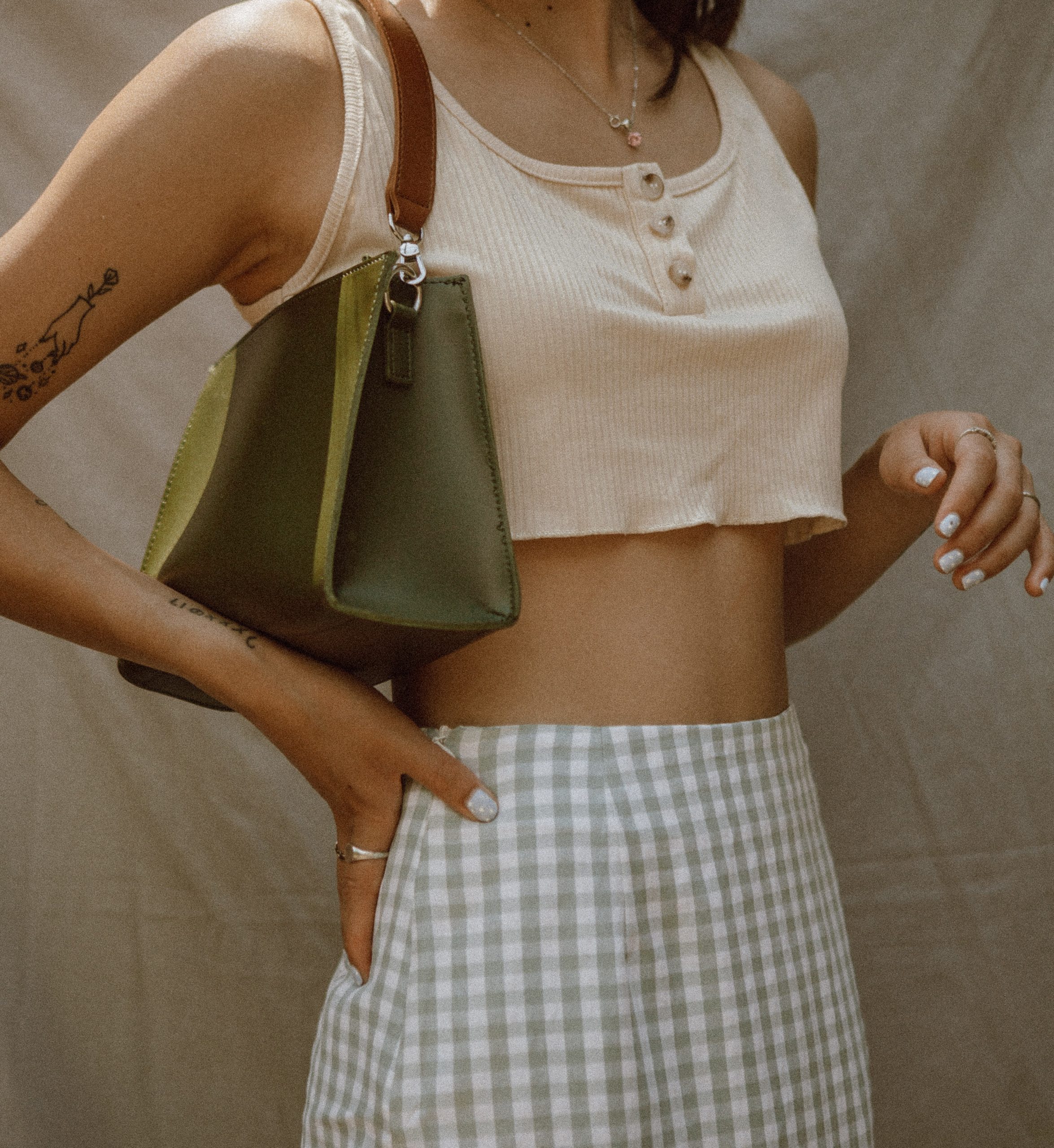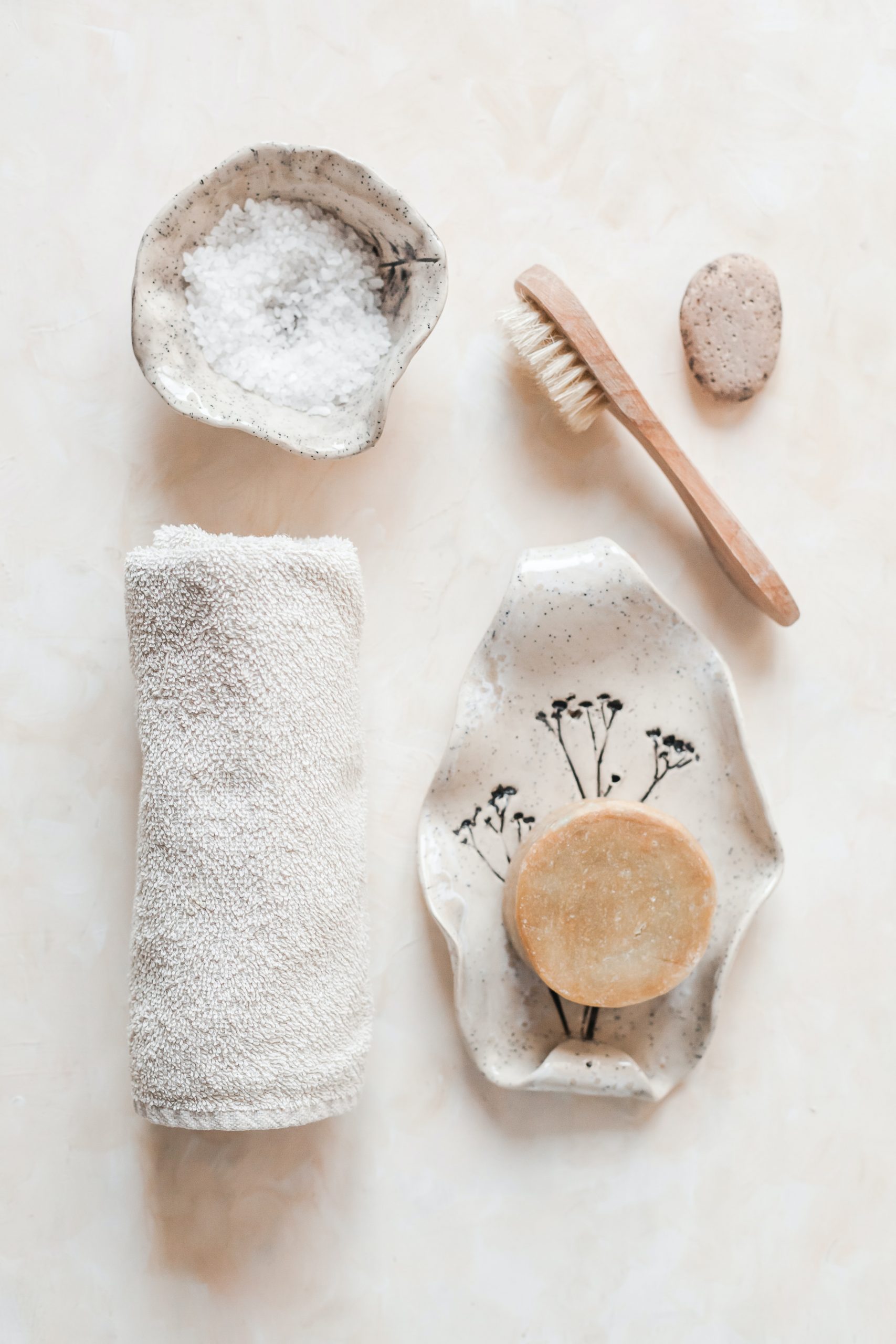
How Affordable Is A Sustainable Lifestyle?
How affordable is a sustainable lifestyle? With ethical fashion brands and meat-free alternatives costing more money, how can you live a sustainable life on a budget?
It is no secret that ethically sourced garments, plastic-free beauty products, and meat-free alternatives often cost more money to produce than unsustainable alternatives. Often the price of ethically sourced items dissuades people from purchasing them, reducing the positive impact they could have if they were used on a mass scale.
A sustainable lifestyle needs to be accessible for people of all financial backgrounds, so everyone is able to do what they can to help the planet. However, this is difficult. Sustainable products usually cost more because the manufacturers are paying their workers a proper wage and the materials used are better quality and more expensive; so how can sustainability become more accessible?
A sustainable lifestyle doesn’t have to cost more money. It turns out, there are many ways to live sustainably without breaking the bank. Read on to find out just how you can live an eco-friendly lifestyle for less.


ACCESSIBLE SUSTAINABILITY: FASHION
BUY SECOND HAND
Sustainable fashion does not have to be expensive. Shopping second-hand, in charity shops or online (Vinted, Depop, eBay), is both fun and affordable! You can find unique pieces for low prices – it’s a win-win. But if second-hand shopping isn’t your thing, there are other ways to shop sustainably for less.
INVEST IN HIGH-QUALITY PIECES
Buying less is an affordable way to make your wardrobe more sustainable. Making the most of your existing clothes and reevaluating if you really need something is the easiest way to reduce your wardrobe’s carbon footprint. Investing in quality clothes made by workers who are paid a fair wage is very important. If you buy well made clothes they will last a long time and you can save money in the long term by reducing the need to replace items regularly.
VISIT FLEA MARKETS AND JUMBLE SALES
If you are into second-hand shopping, flea markets and jumble sales make a great weekend activity. You can find second-hand items for under £1! Keep fashion circular and see if there are any flea markets or jumble sales near you.
ACCESSIBLE SUSTAINABILITY: FOOD
DITCH THE ALL OR NOTHING MINDSET
Don’t use the fact that some vegan products are more expensive as an excuse not to integrate plant-based alternatives into your lifestyle. The all-or-nothing mentality is not beneficial to anyone. If you can only afford to switch some of your pantry to the vegan alternative, that’s fine. Even treating yourself to a more expensive (vegan) item from the store once in a while is a step in the right direction. By buying plant-based groceries you contribute to the supply and demand of quality and ethical products.
BUY BEANS AND PULSES
Beans and pulses are some of the cheapest products in the supermarket. They are healthy, filling, and vegan. You can make so many different meals from vegetables and pulses for less than £1 a portion. Try a one-pot chilli, lentil dhal, lentil bolognese, or chickpea curry. Cooking with veg, pulses, and beans makes it very easy to meal prep. These ingredients are low risk when reheated, and ideal for batch cooking. Meal prepping food saves you a lot of money and prevents you from eating out, as you already have a delicious meal waiting for you at home.
EAT WHAT YOU BUY
It may sound obvious, but do not buy more food until you have finished what you already have. This will reduce food waste and enable you to get the most out of what you have in the cupboard. It is easy to buy more exciting foods whilst old items perish and get thrown away. This is not only a waste of money but also a waste of food. Use everything you have before you buy more and your wallet and the earth will thank you.


ACCESSIBLE SUSTAINABILITY: BEAUTY
USE FEWER PRODUCTS
Using fewer products is better for your skin, the planet, and your bank account. Advertisements and beauty standards make us feel we need to buy a plethora of products to achieve results. However, overwhelming your skin with chemicals does more harm than good. Narrow your skincare routine down to the essentials. If you buy fewer products (resulting in less waste, less consumption, etc) you will save money. Your skin will thank you for it. A long skincare routine is not always the answer.
BUY FROM BRANDS THAT DON’T TEST ON ANIMALS
Supporting brands that don’t test on animals is an easy way to support the sustainable sector of the beauty industry. Many affordable brands don’t test on animals. You don’t have to buy from the more expensive ethical brands if you cannot afford to. Elf, MaxFactor, Burts Bees, and The Ordinary do not test on animals. If you can afford to support independent and organic skincare brands with plastic-free packaging, go for it. If you have less disposable income, reducing the number of products you use and buying from brands that do not test on animals is the best way to go.
More and more beauty products are being labelled as ‘clean’ and ‘eco friendly’ – but how do we know if this is true? See our article on the truth behind beauty product labels to work out what is actually sustainable and what’s not.
RECYCLE BATHROOM WASTE
Did you know most people do not divide the waste in their bathroom bin into recyclable and non-recyclable rubbish? So much waste derives from the bedroom and bathroom bins where people cannot be bothered to recycle things. Do your bit by committing to recycling your bathroom waste when possible!
ACCESSIBLE SUSTAINABILITY: GENERAL
BUY SECOND-HAND BOOKS
Many sustainable alternatives are cheaper than other options. For example, second-hand books from charity shops, eBay, or online retailers are significantly cheaper than first-hand bookstores. Most second-hand books are still in good condition. If you insist on buying books new, support independent booksellers! Alternatively, visit the library and rent as many books as you like for free without taking up space in your home.
BULK BUY DRY FOODS
Whilst bulk buying can be unsustainable if you buy too much of something and do not use it all, buying dry foods in large quantities is an ethical alternative. Bulk buying rice or pasta will lower the amount of plastic packaging you purchase. One large bag of rice or pasta is less plastic than multiple smaller ones, and it’s cheaper. If you have the financial means, buy from zero waste refill stores to completely eliminate plastic packaging.
Living a sustainable lifestyle does not have to break the bank. Try these affordable alternatives and get the best of both worlds: a sustainable lifestyle for less.
+ Words
Florenne Earle Ledger
Luxiders Magazine








